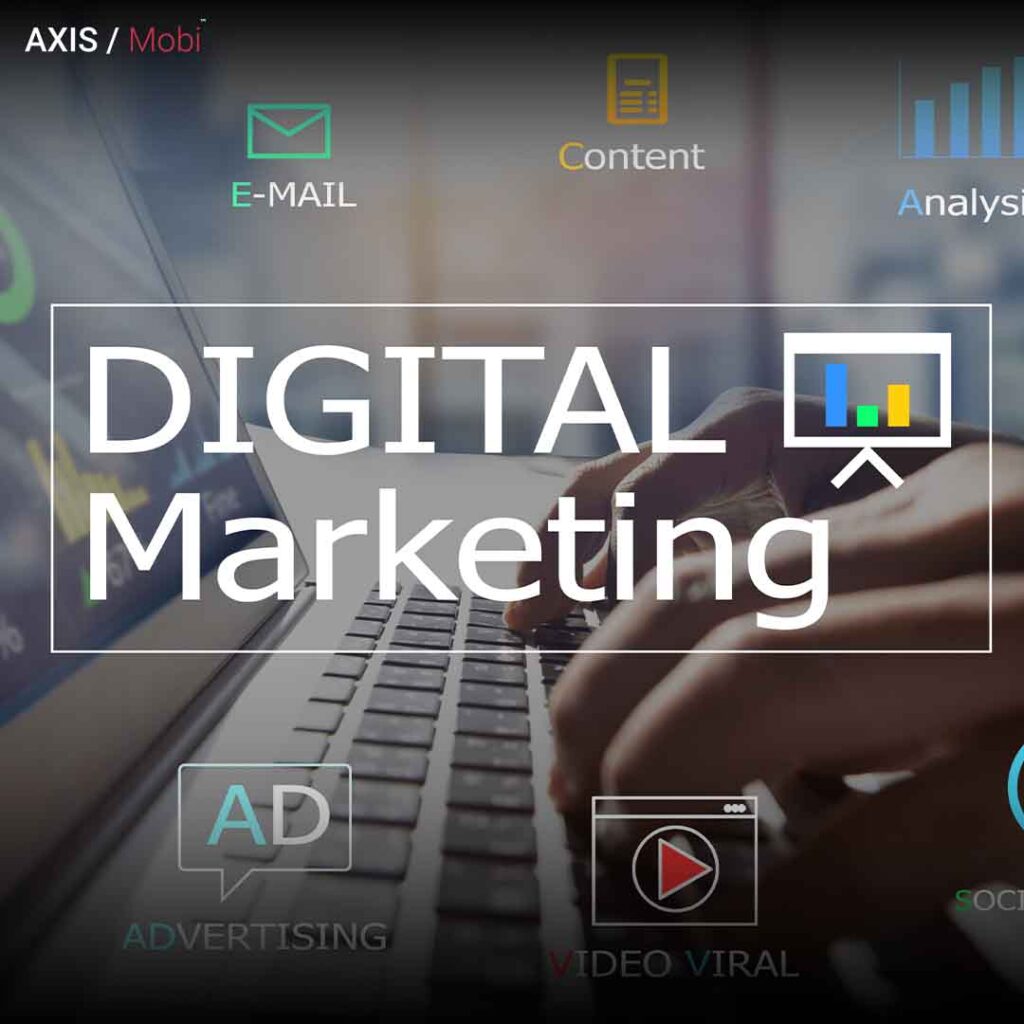In the fast-paced and ever-evolving world of digital marketing, knowledge is a currency that can significantly impact your success. Whether you’re a seasoned marketer or just starting your journey, understanding the vast array of terms and concepts in this field is crucial. This is where a digital marketing glossary plays a pivotal role. It serves as a bridge to help you cross over knowledge gaps, empowering you to navigate the digital marketing landscape with confidence. In this comprehensive guide, we’ll delve into the importance of a digital marketing glossary, how it bridges knowledge gaps, and how you can make the most of this valuable resource.
The Expansive Universe of Digital Marketing

Digital marketing is an ever-expanding universe. It encompasses a wide range of disciplines, strategies, tools, and platforms, each with its own terminology and nuances. Here are some of the key areas within digital marketing:
- Search Engine Optimization (SEO): The art and science of optimizing your online content to rank higher in search engine results pages (SERPs).
- Search Engine Marketing (SEM): Paid advertising on search engines, often referred to as pay-per-click (PPC) advertising.
- Social Media Marketing: Leveraging social media platforms like Facebook, Instagram, Twitter, and LinkedIn to connect with your audience.
- Email Marketing: Sending targeted email campaigns to nurture leads and engage with customers.
- Content Marketing: Creating and distributing valuable, relevant content to attract and engage a specific audience.
- Analytics and Reporting: The process of collecting and analyzing data to measure the performance of marketing campaigns.
- Conversion Rate Optimization (CRO): Improving the percentage of website visitors who take desired actions, such as making a purchase or filling out a form.
- Affiliate Marketing: A performance-based marketing strategy where businesses reward affiliates for driving traffic or sales.
- Influencer Marketing: Collaborating with influential individuals or celebrities to promote products or services.
Each of these areas has its terminology, best practices, and strategies that can be overwhelming for someone new to digital marketing or looking to specialize in a particular area.
The Role of a Digital Marketing Glossary

A digital marketing glossary is like a dictionary tailored specifically to the world of online marketing. It provides definitions, explanations, and context for the myriad terms and concepts you encounter in digital marketing. Here’s how it serves as a bridge to bridge knowledge gaps:
1. Clarifies Terminology
One of the primary roles of a digital marketing glossary is to clarify terminology. It demystifies jargon, acronyms, and technical terms, ensuring that you understand what each term means. For example, if you come across the term “CTR,” the glossary would explain that it stands for “Click-Through Rate” and provide a definition.
2. Provides Context
Understanding a term’s definition is important, but knowing how it fits into the larger digital marketing landscape is equally crucial. A digital marketing glossary often provides context and explanations of how a particular term is used in real-world scenarios. For instance, it might explain how “A/B testing” is used to optimize email subject lines for better open rates.
3. Supports Learning
For individuals new to digital marketing, a glossary acts as a learning companion. It allows them to explore new terms at their own pace and gradually build their knowledge. By providing explanations and examples, it facilitates the learning process.
4. Facilitates Communication
In a team or client-agency setting, effective communication is vital. Having a shared understanding of digital marketing terminology is essential for aligning strategies and goals. A digital marketing glossary ensures that everyone is on the same page, reducing misunderstandings.
5. Encourages Exploration
A well-structured digital marketing glossary often includes cross-references and related terms, encouraging users to explore related concepts. This helps individuals broaden their knowledge and gain a holistic understanding of digital marketing.
6. Keeps You Updated
The digital marketing landscape is constantly evolving, with new terms and trends emerging regularly. A digital marketing glossary can be updated to reflect these changes, ensuring that users have access to the latest terminology.
How to Make the Most of Your Digital Marketing Glossary

Now that you understand the importance of a digital marketing glossary, let’s explore how you can make the most of this valuable resource:
1. Explore Regularly
Don’t treat your digital marketing glossary as a one-time reference. Set aside time regularly to explore new terms and concepts, even if you consider yourself an experienced marketer. The digital landscape evolves rapidly, and there’s always something new to learn.
2. Use Real-Life Examples
Whenever possible, try to relate the terms you learn to real-life examples or experiences. This practical application will deepen your understanding and make the concepts more memorable.
3. Test Your Knowledge
Challenge yourself by taking quizzes or self-assessments related to digital marketing terms. Testing your knowledge reinforces your learning and highlights areas where you might need more understanding.
4. Teach Others
If you have colleagues or team members who are less familiar with digital marketing, use your knowledge to teach and share insights. Explaining concepts to others can solidify your understanding.
5. Stay Updated
Digital marketing is a dynamic field, so ensure that your glossary stays updated. As new terms emerge and industry trends evolve, make additions and revisions to keep your resource current.
6. Engage in Online Communities
Participating in digital marketing communities and forums can provide opportunities to discuss and learn from others. Share your knowledge and learn from the experiences of your peers.
In Conclusion
A digital marketing glossary is not just a reference tool; it’s a powerful asset that bridges knowledge gaps, supports learning, and keeps you informed in the ever-changing world of digital marketing. Whether you’re a student looking to break into the industry or a seasoned marketer aiming to stay updated, a well-maintained glossary can be your guide and companion on your digital marketing journey. Embrace it, explore it, and let it empower you to navigate the dynamic and exciting world of digital marketing with confidence.




